National University of Advanced Legal Studies (NUALS), Kochi, in collaboration with CAN Foundation is set to organize an enlightening Online Session by Hon’ble Justice Mr. Sanjay Karol, Chief Justice, Patna High Court along with Mr. Justice Anand Pathak, Judge, High Court of Madhya Pradesh and Mr. Vikas Singh, Senior Advocate, Supreme Court of India on 18th September i.e Friday at 5:00 P.M. The Panelists shall be deliberating upon the topic of “Social Engineering & Distributive Justice: High Courts Under Our Constitution”.
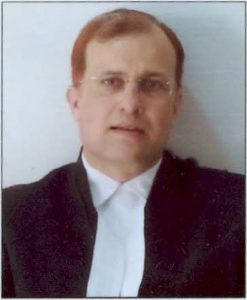
Having served as the Additional judge as well as the Chief Justice of the Himachal Pradesh High Court in the year 2017, Mr. Justice Sanjay Karol was selected as the Fourth Chief Justice of the Tripura High Court in the year 2018. After his transfer in the year 2019, he continues to serve as the Chief Justice of Patna High Court. Mr. Justice Anand Pathak has been serving as the Judge of Madhya Pradesh High Court since 2016. Before his appointment as a Judge, Justice Pathak used to practice Civil, Constitutional, Revenue, Criminal & Service Matters. He has also prior experience working as a Government Advocate in the Advocate General’s Office from 2005-2009. Senior Advocate Mr. Vikas Singh has previously served as the Additional Solicitor General of India, Government of India from 2005 to 2008. He has also served as the President of the Supreme Court Bar Association and is a propounder of the theory of “Legislative Control on Terrorism”.
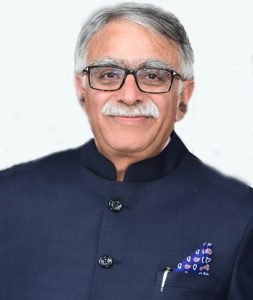
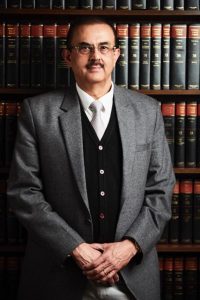
The Session shall be thoroughly discussing the following :
-
Meaning, Theories and postulates of social engineering and its interpretation by numerous scholars & jurists of the world.
-
Understanding the need for the Principle of Social Engineering among all the Courts.
-
Landmark Judgements that have relied on the principle of Social Engineering in India.
-
Meaning & Scope of Distributive Justice in the Indian context and case study.
-
Interpretation of Distributive Justice by John Rawls.
The Session will be moderated by Mr. Prasanth VG, Partner Jyoti Sagar Associates, Bangalore; EC Member, CAN Foundation & Mr. Siddharth Sharma, Advocate, MP High Court practising at the Principal Seat, Jabalpur. Mr. Prasanth is an alumnus of National University of Juridical Sciences (WBNUJS), Kolkata and heads the Disputes Resolution Team at JSA, Bangalore. Mr. Siddharth Sharma is a standing counsel of various Govt. Bodies as also PSUs. He also has sprawling private practice other than representing the Institutional clients before the High Court.
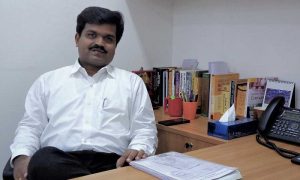
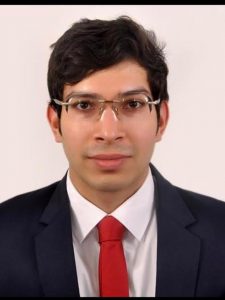
The Welcome Address shall be delivered by Prof. (Dr.) K. C. Sunny, Vice-Chancellor, NUALS, Kochi. With over 30 years of teaching experience as both a teacher and Dean of the Kerala University and the Central University of Kerala, Prof. has authored more than 45 research papers and the book “Corrupt Practices in Election Law”. Having conducted interactive sessions at 6 Foreign Universities including Harvard Law School, Prof. has also served as the Programme Chair of the International Conference on Law & Public Policy held at Singapore.
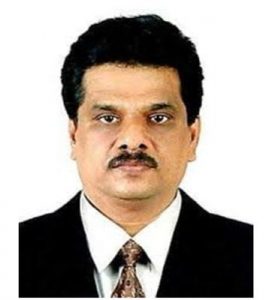
CAN Foundation endeavours to create awareness in the society along with providing assistance to the financially handicapped students of the country by furnishing scholarly stipends to them. In its pursuit, it is constantly encouraged & supported by its Media partner, Bar & Bench which has raised the level of legal discourse in the country as also its Knowledge Partner, SCC-EBC group, a highly trusted and informative platform for legal awareness and discussion.
The Online Session is indeed going to be a great learning experience for all the attendees from across the country. For attending the session, you can register by visiting the official website of CAN Foundation – www.canfoundation.in.



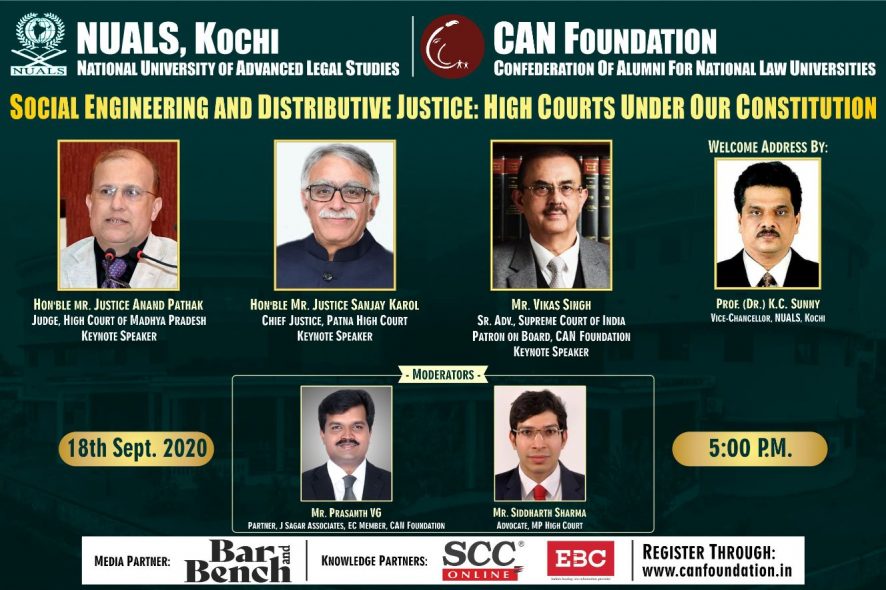




I am a child Rights Lawyer working in Juvenile Justice. Want to join in CAN programmes
The Court explained that the factors termed as extraordinary and exceptional, justifying reservations in excess of 50 percent are those required for the purpose of providing reservations. The social, educational and economic backwardness of a community, existence of quantifiable data relating to inadequacy of representation of the community in public services and deprivation of the benefits flowing from reservations to the community are not exceptional circumstances for providing reservations in excess of 50 per cent.